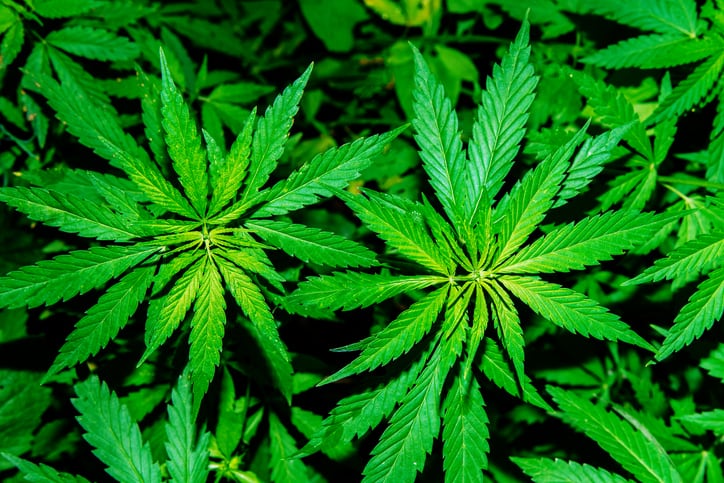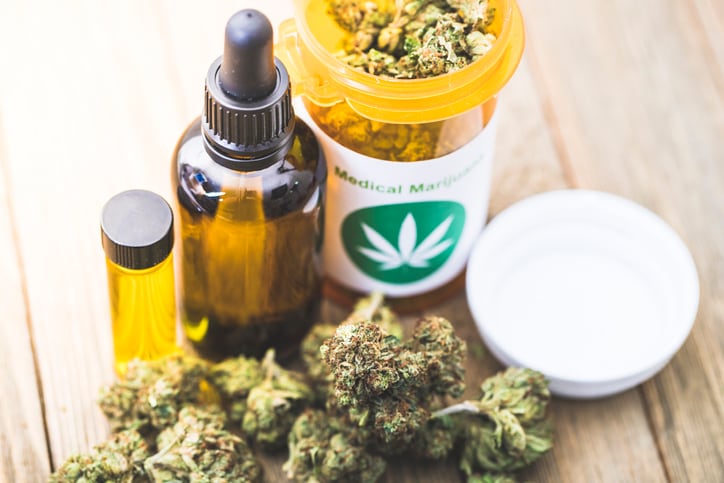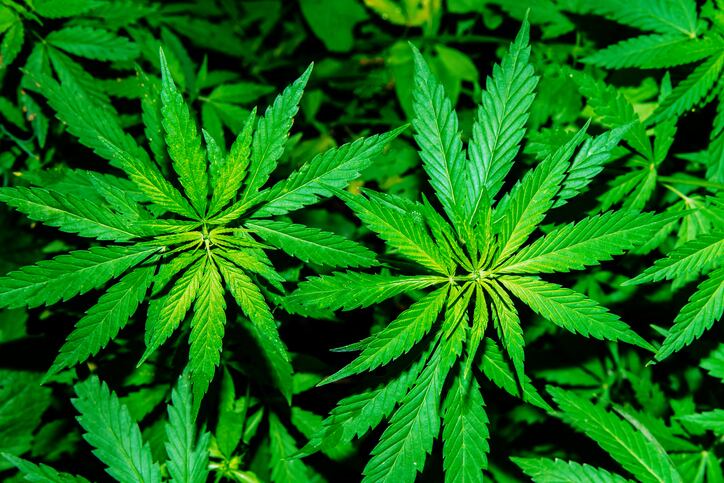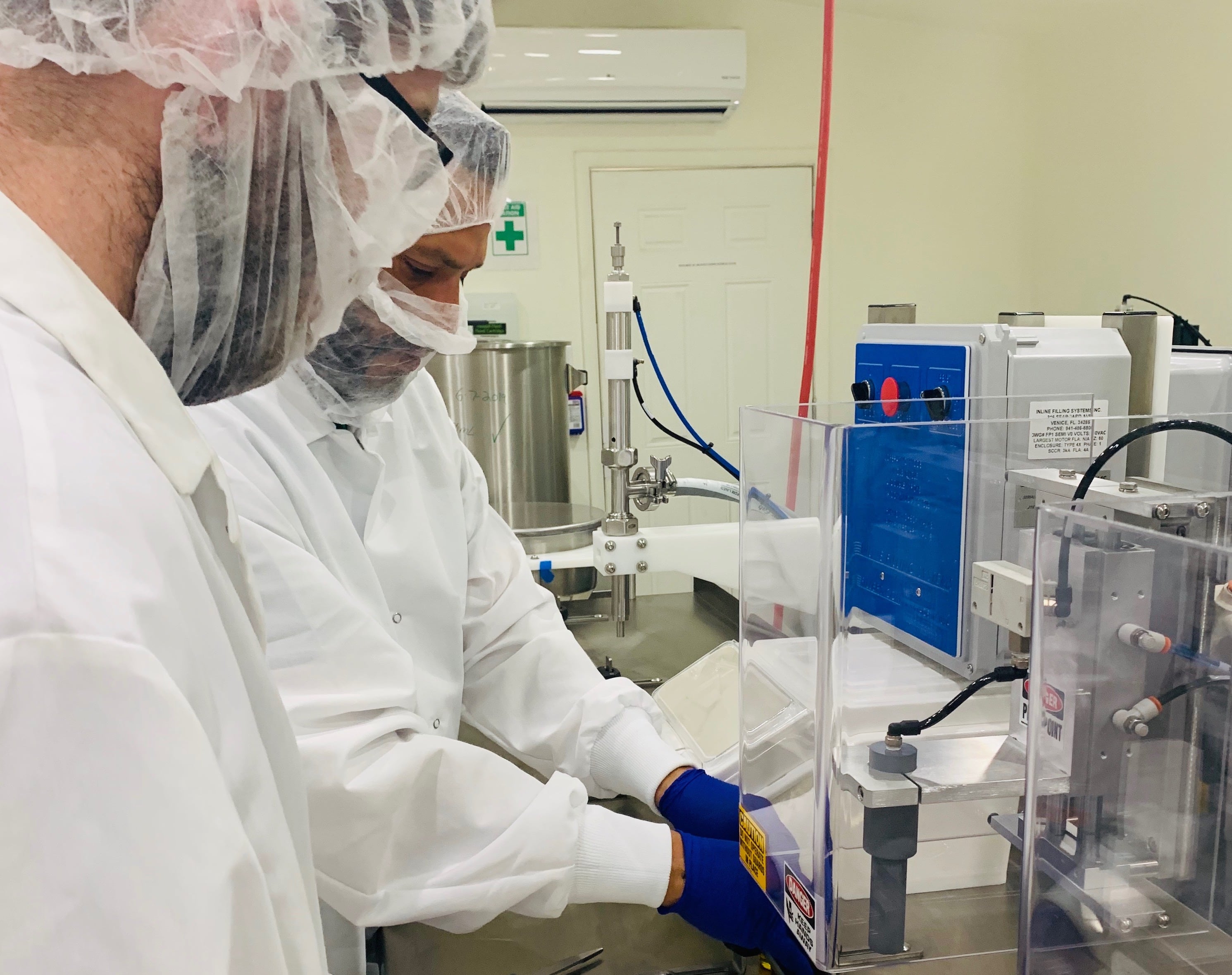The proposal, which is outlined in an article in ABC’s publication HerbalGram, lays out a proposed structure that would see the Agricultural Marketing Service, a branch of the United States Department of Agriculture, act as the main coordinating body in support of the various state departments that have regulated the trade in medicinal marijuana.
Fixing cannabis regs would benefit hemp
The authors' proposal pertains to cannabis, not to hemp. From a botanical perspective, these are the same plant, with the difference coming at the cultivar level: Industrial hemp is defined as cannabis plants that have less than 0.3% THC (the narcotic fraction) by dry weight.
Nevertheless, arriving at a more unified regulatory structure for this end of the trade could only benefit hemp/CBD dietary supplement applications, too. The presence of THC on the Drug Enforcement Administration’s Schedule One list of controlled substances is a continual potential liability for companies operating on that end of the spectrum. For example, there is an open question within the industry as to what to do about extracts that at certain points of the manufacturing process might have too much THC in them. And it’s a continued point of uncertainty and friction between the many state agencies that have regulated trade in the plant and those federal agencies which still seek to prohibit it.
The regulatory proposal, and the HerbalGram guest editorial that explains it, are the work of medicinal plant advocates Tami Wahl, a Washington, DC-based attorney and Josef Brinckmann, research fellow at Traditional Medicinals.
USDA should be primary authority
ABC’s proposed model assigns federal oversight to the United States Department of Agriculture (USDA) instead of the Food and Drug Administration (FDA) and the Drug Enforcement Agency (DEA). Currently, these federal agencies have the authority to regulate the growing, processing, and marketing of cannabis and cannabis-derived products.
“As a result of the 2018 Farm Bill, USDA’s Agricultural Marketing Service (AMS) is already mandated to implement a new Hemp Production Program designed to work closely with individual state programs. It seems reasonable to house federal oversight of the cannabis industry, which is also state-led, with the same agency and use overlapping USDA resources,” Brinckmann said.
The key for the plan to work is the removal of cannabis in the form of THC from the list of banned substances, the article asserts. The 2018 Farm Bill removed the whole plant, allowing for subsequent development of industrial hemp without this impediment. But THC the molecule is still on the list, and as long as it is, there will be a regulatory cloud hanging over the plant. Putting the plant on the list is something that never should have happened in the first place, the coauthors assert.
‘This is in part due to the lack of proper review of the plant before the plant was scheduled in 1970, and, more importantly, the well-established medicinal value and safety profile of the plant,” they wrote.
There is ample precedent for the involvement of AMS in the herbal industry, the article asserts. AMS was instrumental in helping to develop the thriving trade in ginseng grown in Wisconsin, which has become a highly sought after raw material in the Asian markets. Another example is AMS support of spearmint growers in Idaho, Oregon, Nevada, Utah, and Washington.
State laws would remain in place
The proposed structure would keep the many existing state laws and departmental authorities in place. Doing so would allow the funding mechanisms that already support those initiatives to remain in place, too.
“The states have already regulated this trade. That’s a fact,” Brinckmann said. “When all is said and done this should really be no different from USDA technical support for any other kind of crop.”
Brinckmann noted that cannabis in fact is already the largest cash crop in state of California and has been for some time. ABC’s proposal would bring the trade fully out into the open.
“The people and the states have spoken. What really needs to happen is for FDA and DEA to get out of the way,” he said.
To read the HerbalGram article click here. The complete regulatory proposal can be found here.




